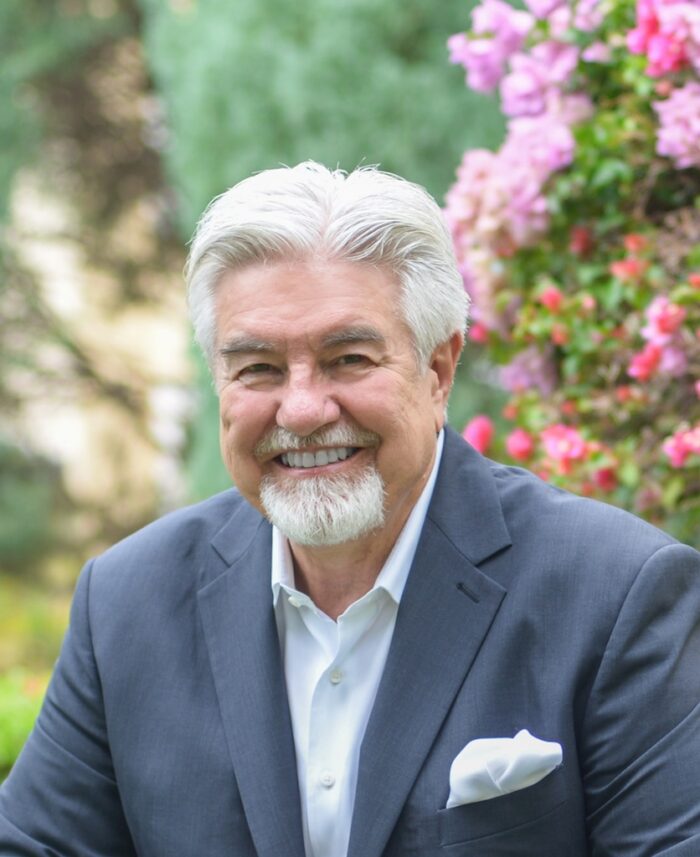The HR to HD paradigm has already shifted – Are you ready for it?
- HRM Asia Newsroom

Generative AI is “trained” on a very large dataset of text from the Internet. It can only use information from a given time and cannot update its knowledge beyond that. Today’s ChatGPT was last trained with data up to September 2021. This is a weakness if you are looking for new information. But to know if the HR paradigm has shifted, the lag in ChatGPT will tell you.
To find out if there really is a difference between HR and HOD, here is a question to ask ChatGPT: What is the difference between the HR function and the Human and Organisational Development (HOD) function in a company?
The answer on your computer is based on the available information up to 2021. So, if there is a difference, this is not a future paradigm but one that has already happened. When I saw the answer given by ChatGPT I was surprised that difference was so clearly defined on internet text sources.
A true paradigm shift?
A true paradigm shift is a fundamental change in the basic concepts and practices of science or a professional field, according to the definition introduced in 1962 by the American physicist and philosopher Thomas Kuhn.
This applies to the difference between human resources or human capital, on the one hand, and human development on the other where the purpose, the frame of reference and the measurement methods are fundamentally different.
The HR paradigm of people as a resource is based on the economic theory of Milton Friedman at the University of Chicago and Nobel Prize for Economics in 1976 which states:
There is one and only one social responsibility of business – to use its resources and engage in activities designed to increase its profits, so long as it stays within the rules of the game, which is to say, engages in open and free competition without deception or fraud.
Professor Dave Ulrich of the University of Michigan applied this to the people function in his 1996 book HR Champions as the “new HR”. He summarises the paradigm as follows:
- The purpose of HR is to help companies win in the marketplace.
- The HR function does not own compliance – managers do.
- HR professionals must translate their work into financial performance.
- HR professionals must create practices that make employees more competitive, not more comfortable.
- HR practices do not exist to make employees happy but to help them become committed.
The Human Development paradigm has very different origins. In the 1990s two Asian economists at the United Nations generated a new paradigm for the UN, arguing that GDP could not be the only measure of value. Mahbub al Haq of Pakistan created the UN Human Development Index in 1990. Amartya Sen of India won the Nobel Prize in Economics in 1998 for his research showing that societies should measure their success on human development rather than GDP, which he defined as the freedom and capability of people to lead the kind of lives they value. This shifted the paradigm of work at the International Labour Organisation to a human development paradigm.
Work sums up the aspirations of people in their working lives and includes personal development and social integration, freedom to express oneself, participate in the decisions that affect life as well as work and ensures equal opportunity.

“Work sums up the aspirations of people in their working lives and includes personal development and social integration, freedom to express oneself, participate in the decisions that affect life as well as work and ensures equal opportunity.” – Dr Bob Aubrey, Founder and Chair of the Advisory Board, ASEAN Human Development Organisation (AHDO).
Why has this paradigm change taken place so quickly? The ChatGPT on your computer with data up until 2021 already includes the shift made during the pandemic that required that governments and companies of all sizes collaborate and adapt to new ways of working.
However, ASEAN has an advantage in accelerating the paradigm shift. First, because ASEAN is a fast-developing region where it is obvious for all that human development is an economic priority. South-East Asia is longer a region where sustainable competitive advantage comes from cheap labour. Second, because ASEAN culture balances economic growth with a people-centric culture. This is imbedded in the third ASEAN pillar, the Socio-Cultural Community, and is historically how diverse seafaring cultures have traded for thousands of years.
READ MORE: Digital and care skills to see increased demand in Singapore
Third, because the paradigm of the purpose of business being only for profit is unsustainable for the planet and inhuman as a paradigm for work. That is why AHDO represents the paradigm of work as human development experience and advocates for companies with a Human Net Positive impact. advocates for companies with a Human Net Positive impact.
About the Author: Dr Bob Aubrey, Founder and Chair of the Advisory Board, ASEAN Human Development Organisation (AHDO).






